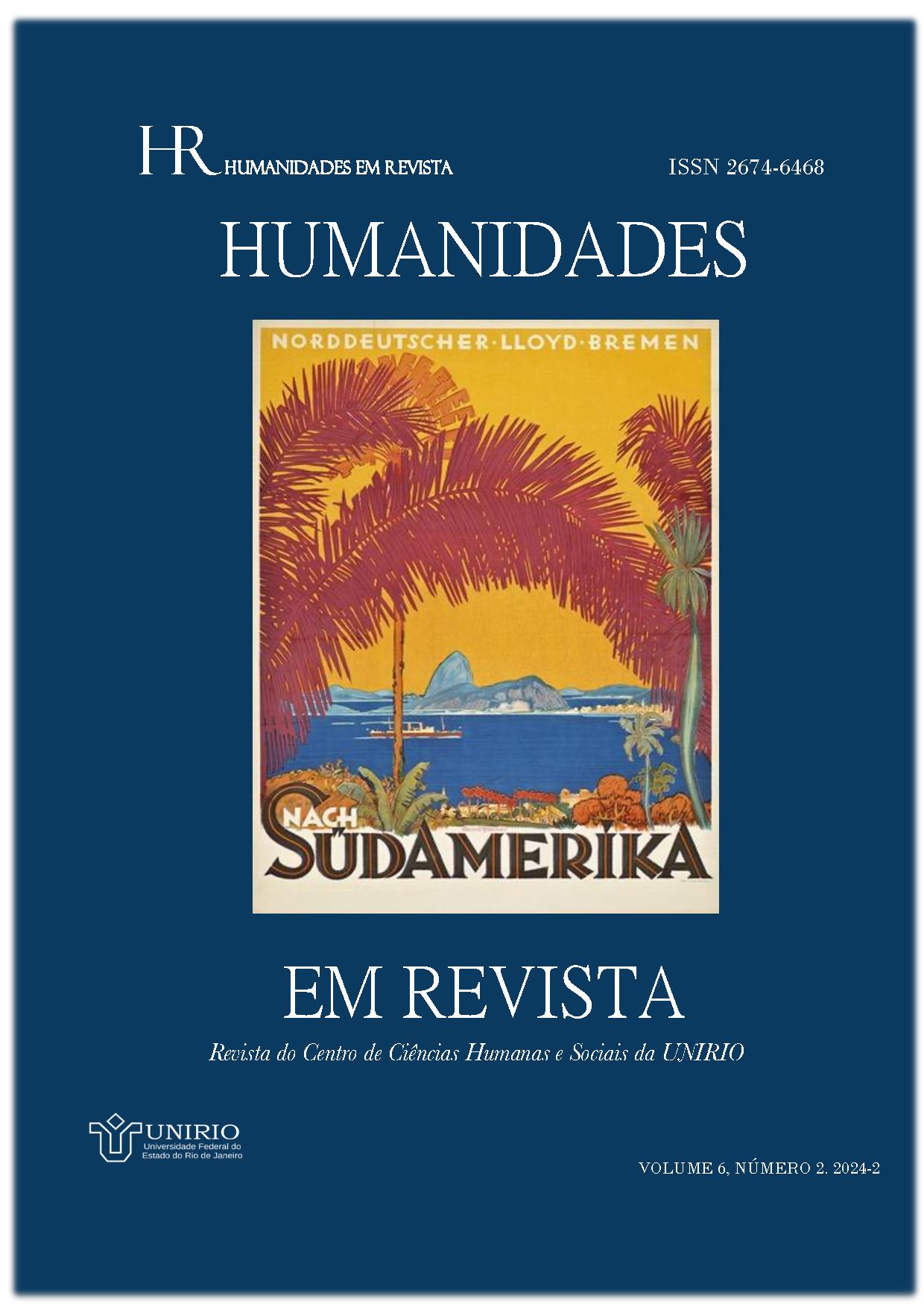TRANSPORTATION ACCESSIBILITY: AN OVERVIEW OF CURRENT REGULATION
Keywords:
Accessibilty, People with disabilities, PNAE, Commercial air transport, ANAC Resolution 280/2013Abstract
Brazilian commercial air transport has shown significant growth, contributing decisively to the development of domestic and international tourism. However, there is still a need for effective measures that can guarantee the dignified and full use of air services for passengers with special assistance needs (PNAE). Studying the theme of accessibility of PNAEs becomes even more important, since people with disabilities represent a considerable portion of our population, with representation in the sector. This work sought to analyze the regulations and practices of accessibility in Brazilian commercial air transport. To this end, qualitative and exploratory research was carried out, based on indirect documentation, through secondary sources of doctrine and judicial and administrative decisions of the National Civil Aviation Agency (ANAC) and primary sources of laws, decrees, and supra-legal technical standards. It is noted that both the Regulatory and Inspection Agency and the Judiciary have sought to meet the growing demands of passengers with disabilities and reduced mobility, largely focused on poorly executed and often unsafe services. However, it is concluded that there is still great precariousness in providing PNAE services with safety and dignity inside aircraft, which combined with the lack of adequate training on the part of airlines, has generated existing legal and administrative demands. Therefore, an update to Resolution 280/2013 is necessary, combining user demands and legal security for air and airport operators.
Downloads
Downloads
Published
How to Cite
Issue
Section
License
Copyright (c) 2024 Rodrigo Grazinoli Garrido, Marcos Arão Abitbol

This work is licensed under a Creative Commons Attribution-NonCommercial-NoDerivatives 4.0 International License.
Os direitos autorais de qualquer trabalho publicado na Revista pertencerão aos autores. Não haverá qualquer pagamento pela publicação na Revista e a aceitação dos originais implicará na aceitação das condições descritas nas informações sobre a revista constantes do escopo e de todas as regras apresentadas, assim como o respeito à legislação e às normas vigentes concernentes a publicações. A UNIRIO e seus entes subordinados não se responsabilizarão por quaisquer equívocos, questões e contendas entre autores, participantes e/ou entes institucionais que sobrevenham às publicações. O e-mail do autor será disponibilizado no trabalho.
A revista oferece acesso livre imediato ao seu conteúdo, seguindo o princípio de que disponibilizar gratuitamente o conhecimento científico ao público proporciona maior democratização mundial do conhecimento, sempre dentro dos limites da legislação de direito de autor e de direitos conexos. É adotada a licença Crative Commons do tipo “Atribuição-Não Comercial-Sem Derivações 4.0 Internacional (CC BY-NC-ND 4.0)”, acessível em: https://creativecommons.org/licenses/by-nc-nd/4.0/legalcode.pt , segundo a qual, em linhas gerais, é permitindo fazer o download dos trabalhos e o seu compartilhamento para fins educacionais, desde que sejam atribuídos os créditos a seus autores, citando também o repositório dos trabalhos, e sem que se possa alterar o material de nenhuma forma ou utilizá-lo para fins comerciais.





 Qualis/CAPES 2017- 2020 B4
Qualis/CAPES 2017- 2020 B4 Diretório das revistas científicas eletrônicas brasileiras
Diretório das revistas científicas eletrônicas brasileiras




